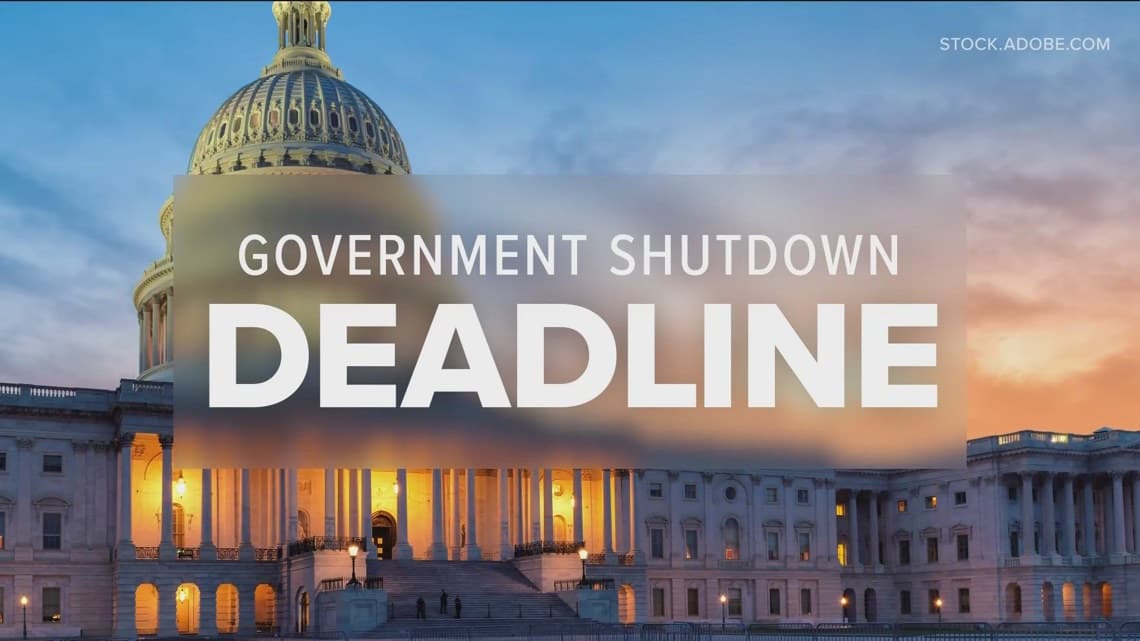Anti vaccine movement spreads to pet owners, challenging public health
Growing skepticism about human vaccines is migrating into pet care, prompting veterinarians and public health officials to warn of risks to animal and human health. The trend matters because local policy, municipal licensing and elections will increasingly shape whether communities can contain misinformation and maintain disease prevention safeguards.
Listen to Article
Click play to generate audio

Veterinarians across the country are reporting a new front in a long running public health debate. What began as vaccine skepticism among people has moved into conversations about routine animal immunizations, and that shift is forcing a confrontation between pet owners, animal health professionals and local policymakers.
Clinics say inquiries about skipping standard vaccines are increasing, and social media groups now circulate advice that discourages vaccination for dogs, cats and other companion animals. Public health experts note that declines in vaccination coverage among animals can erode protections against diseases that affect pets and, in some cases, people. Municipal animal control programs, humane societies and private practices are watching for the effects on shelter operations, shelter intake policies and community rabies surveillance efforts.
This is not only a clinical problem. The migration of vaccine skepticism into pet care raises immediate policy questions. Many jurisdictions make certain vaccinations a condition of pet licensing and of municipal services such as dog parks and shelter adoption. Local governments, often through animal control or public health departments, must decide whether to tighten enforcement, expand education campaigns, or leave decisions to veterinary discretion. State legislatures are also paying attention, because statutes that govern veterinary practice and public health powers determine how far officials can go in mandating or enforcing animal immunization.
The institutional implications are significant. Veterinary professional organizations, licensing boards and public health agencies will need to coordinate responses. Veterinarians confront ethical and business trade offs when clients refuse core vaccines. Shelters may face higher operational costs if they need to quarantine animals or implement more stringent intake testing. Local health departments could be required to increase surveillance and outreach to prevent zoonotic spillover, a costly and time sensitive effort.
There are also political consequences. Vaccine skepticism in human health has correlated with wider distrust of institutions and partisan alignment in some areas. As similar sentiments take hold in pet care, debates over municipal control versus personal choice could influence city council races, county animal control commissions and other local contests where regulatory powers are decided. Candidates who frame vaccine policy as a matter of individual liberty may find a receptive audience in communities already skeptical about public health interventions, while opponents will argue for municipal safeguards to protect collective welfare.
Policy options include preserving or strengthening license linked vaccination requirements, investing in community outreach that addresses misinformation, providing clearer guidance for veterinarians on handling refusal, and ensuring that animal shelters have the resources needed for increased testing and quarantine when necessary. Technology platforms and local media will play a role by amplifying or countering false claims about animal vaccines.
The movement of vaccine skepticism into pet ownership underscores a broader civic challenge. When science based health measures become politicized, the consequences extend beyond individuals to community infrastructure and public safety. Local officials, voters and veterinary professionals will determine whether policy and practice can keep pace with the changing landscape of belief and risk.

